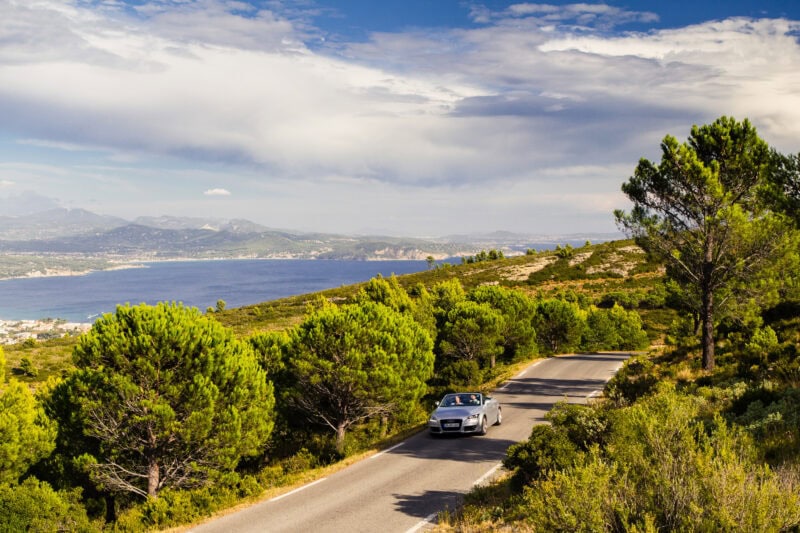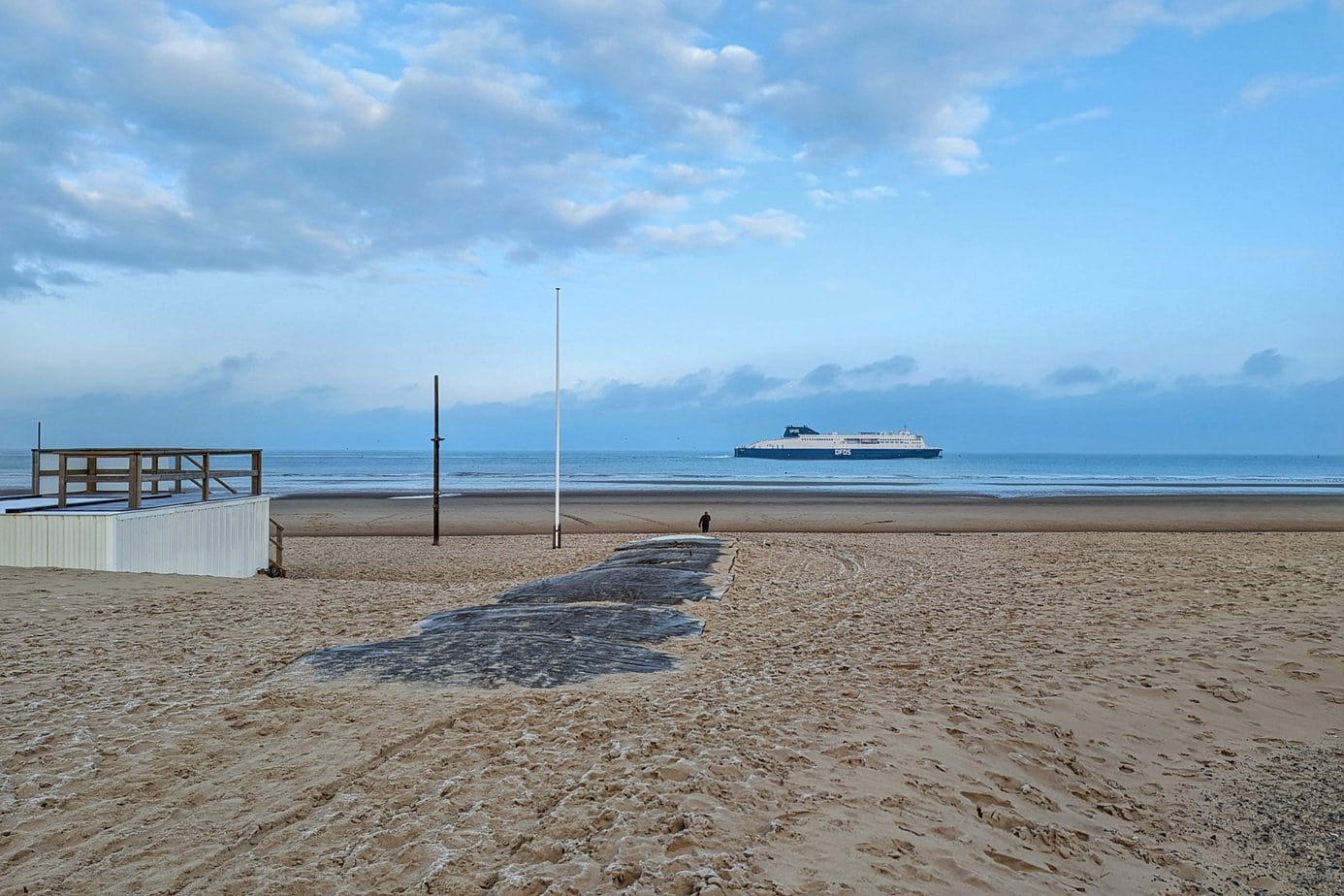Some posts on this site contain affiliate links. If you book or buy something through these links, I earn a small commission (at no extra cost to you). Take a look at my privacy policy for more information.

Exploring France by car is an unforgettable way to experience its diverse landscapes, charming villages, and rich culture. Starting your journey from the UK adds a sense of adventure, as you cross into a country known for its scenic routes and delightful stops. Whether you’re sipping a Chablis, white wine in Burgundy, or admiring coastal views, planning is key to making the most of your road trip.
Step 1: Plan Your Route
Begin by deciding on your key destinations and how long you want to spend at each place. France offers everything from vineyards to coastal towns and historic cities. Popular routes include:
- Northern France: Perfect for short trips. Visit Normandy’s beaches and the historic city of Rouen.
- Burgundy and Loire Valley: Known for beautiful countryside, medieval towns, and renowned wines.
- The French Riviera: Ideal for a sun-soaked journey with glamourous stops in Nice and Cannes.
Remember to factor in travel time. France is a large country, and distances between regions can be significant. Make sure to have a rough schedule but allow some flexibility to enjoy spontaneous stops.
READ MORE: Reasons to Plan a Road Trip through France and Spain
Step 2: Sort Travel Documents
Before setting off, check that you have all the necessary documents:
- Passport: Ensure it is valid for at least three months beyond your stay.
- Driving Licence: UK licences are accepted in France.
- Car Insurance: Confirm your policy covers driving in Europe.
- European Breakdown Cover: This can save you stress if you run into car troubles.
- Crit’Air Sticker: Required for driving in certain low-emission zones.
It’s also wise to carry a copy of your vehicle registration and a European accident report form.
Step 3: Ferry or Eurotunnel?
You have two main options for crossing the English Channel:
- Ferry: Travel from Dover to Calais or other ports. Ferries are great for those who want a break from driving and enjoy sea views.
- Eurotunnel: A faster option, taking just 35 minutes to get from Folkestone to Calais.
Book in advance for the best prices and keep an eye on weather conditions if choosing the ferry.
Step 4: Pack the Essentials
French road regulations require certain items to be in your vehicle at all times:
- Reflective jackets (for all passengers)
- Warning triangle
- Breathalyser kits (recommended but not mandatory)
- Spare bulbs for headlights
Don’t forget your personal essentials such as snacks, bottled water, and entertainment for longer drives.
Step 5: Understand French Driving Rules
Driving in France is straightforward, but there are a few rules to note:
- Drive on the right-hand side.
- Speed limits vary depending on weather and road type.
- Motorway tolls are common, so keep cash or a card handy.
- Be mindful of low-emission zones in major cities.
- Watch for speed cameras, which are strictly enforced.
Step 6: Plan Accommodation
You have plenty of choices when it comes to staying overnight:
- Hotels: Ideal for comfort and convenience.
- Gîtes: Charming holiday homes, often in rural areas.
- Camping: France has many well-equipped campsites.
Book popular spots in advance, especially during peak summer months.
Step 7: Make Time for Local Experiences
Part of the joy of a French road trip is immersing yourself in local culture. Try these activities along your journey:
- Visit local markets for fresh produce and artisan goods.
- Enjoy a leisurely meal at a roadside bistro.
- Explore off-the-beaten-path villages.
- Take a vineyard tour to sample regional wines.



